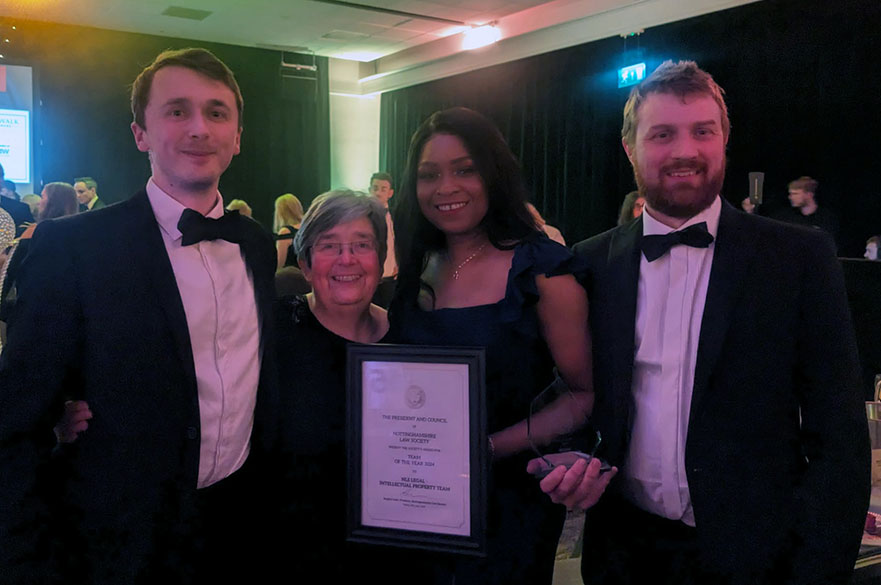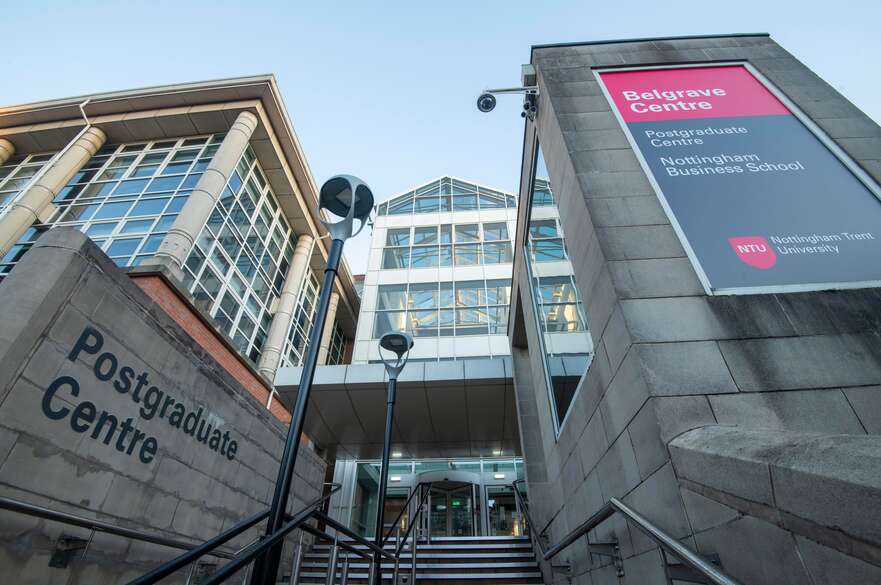Researchers reveal how our muscle cells deteriorate with age, hampering recovery from injury
Researchers have revealed how muscle cells become impaired as we get older, impacting their ability to regenerate and recover after an injury.

A team at Nottingham Trent University analysed the full set of more than 11,000 gene transcripts inside muscle cells, finding that the ‘development pathways’ – the different ways in which genes work together to regenerate muscle – become weakened in aged cells.
The study may help to shed some light on why muscle damage take longer to recover from as we age.
The researchers developed a new approach to examine muscle cells in vitro in the laboratory to enable them to observe the different molecular mechanisms that drive muscle ageing.
They were able to study muscle cells from donors, chemically injuring cells after they had been donated and isolated, then assessing how they heal and regenerate back to their pre-injury baseline levels
Looking at cell lines derived from a 20 and 68-year-old donor, there were distinct differences in the development pathways of the younger and older cells, the researchers found.
While younger muscle cells fully recovered from the injury, the team found that in older cells the pathways linked to muscle development and regeneration were all ‘downregulated’.
This means that the genes are expressing less of what they need to, leaving the cells no longer able to perform in the way they should.
This contributes to reduced regeneration capacity leading to thinner, less robust ‘myotubes’ – a type of cell that can fully develop into a muscle fibre.
Muscle regeneration is a complex and finely balanced biological process and is known to deteriorate with ageing, leading to the decline of musculoskeletal health and in some cases metabolic and genetic diseases.
“This goes some way towards explaining why muscle injures may take longer to recover as we get older,” said lead researcher Dr Lívia Santos, an expert in musculoskeletal biology in Nottingham Trent University’s School of Science and Technology.
She said: “We know that healthy muscle regenerates after we’ve had an injury, but ageing impairs that regeneration potential and recovery gets harder the older we get. What we’ve observed, in terms of what happens inside the cells, helps us to better understand why we don’t heal as well or as quickly in older age.
“The pathways that control cell processes and development work differently in older cells and are downregulated, meaning regeneration is impacted the older we get. If we can understand these pathways, however, we could potentially identify new therapies and interventions to mitigate the problem.”
Janelle Tarum, another researcher on the study, said: “We’ve been able to develop a new approach to assess muscle regeneration which involves a state-of-the-art technique called RNA-sequencing.
“There’s a very clear reduced regeneration capacity and weakened recovery of aged cells and we have been able to further understand the factors underlying this impairment.
“Our work enables us to examine muscle cell regeneration across the lifespan and this in turn could be key for future drug discovery for disease related to muscle ageing.”
The study, which also involved Manchester Metropolitan University, Liverpool John Moores University is published in the Journal of Tissue Engineering and Regenerative Medicine.
-
Notes for editors
Press enquiries please contact Dave Rogers, Public Relations Manager, on telephone +44 (0)115 848 8782, or via email.
Nottingham Trent University (NTU) received the Queen’s Anniversary Prize for Higher and Further Education in 2021 for cultural heritage science research. It is the second time that NTU has been bestowed the honour of receiving a Queen’s Anniversary Prize for its research, the first being in 2015 for leading-edge research on the safety and security of global citizens.
The Research Excellence Framework (2021) classed 83% of NTU’s research activity as either world-leading or internationally excellent. 86% of NTU’s research impact was assessed to be either world-leading or internationally excellent.
NTU was awarded The Times and The Sunday Times Modern University of the Year 2023 and ranked University of the Year in the Whatuni Student Choice Awards 2023. It was awarded Outstanding Support for Students 2020 (Times Higher Education Awards), University of the Year 2019 (Guardian University Awards, UK Social Mobility Awards), Modern University of the Year 2018 (Times and Sunday Times Good University Guide) and University of the Year 2017 (Times Higher Education Awards).
NTU is the 5th largest UK institution by student numbers, with approximately 40,000 students and more than 4,400 staff located across five campuses. It has an international student population of 7,000 and an NTU community representing over 160 countries.
Since 2000, NTU has invested £570 million in tools, technology, buildings and facilities.
NTU is in the UK’s top 10 for number of applications and ranked first for accepted offers (2021 UCAS UG acceptance data). It is also among the UK’s top five recruiters of students from disadvantaged backgrounds and was the first UK university to sign the Social Mobility Pledge.
NTU is ranked 2nd most sustainable university in the world in the 2022 UI Green Metric University World Rankings (out of more than 900 participating universities).
- Subject area: Sciences including sport sciences
- Category: Press office; Research; School of Science and Technology


